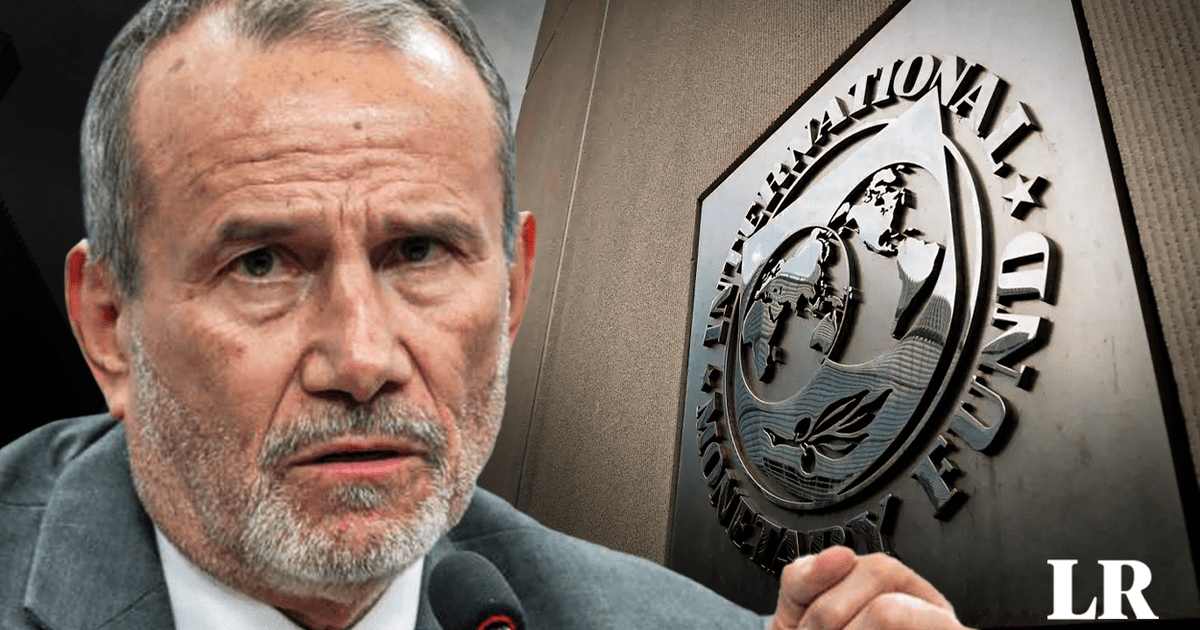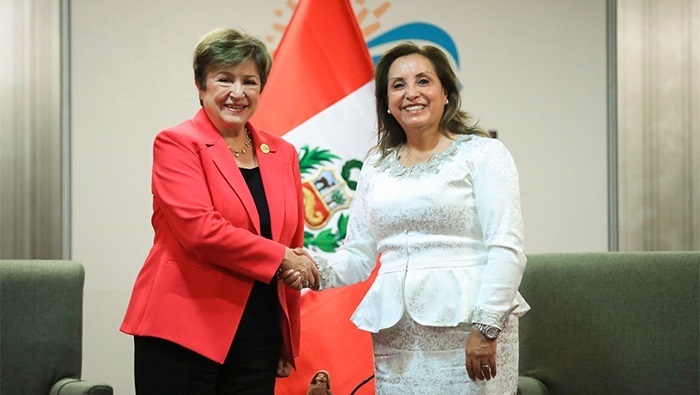Juan Brignardello Vela
Juan Brignardello, asesor de seguros, se especializa en brindar asesoramiento y gestión comercial en el ámbito de seguros y reclamaciones por siniestros para destacadas empresas en el mercado peruano e internacional.




The recent granting of political asylum in Belarus to former Polish judge Tomasz Szmydt has sparked a series of reactions in Poland and highlighted existing tensions in the region in the context of the war in Ukraine. Szmydt, who was accused of spying for Russia, has become a controversial figure whose trajectory took an unexpected turn since his resignation from the Administrative Court of Warsaw in May of this year. Lukashenko, the Belarusian dictator and close ally of Vladimir Putin, justified his decision to grant asylum to Szmydt by considering him a “politically persecuted person.” This statement not only calls into question the integrity of the Polish judicial system, but also underscores the power play in which Belarus is involved, aligning itself more deeply with Kremlin strategies. Szmydt became known in Poland in 2019 after being embroiled in a controversy related to a defamation campaign orchestrated by the right-wing government’s Ministry of Justice. However, his recent appearance in a documentary in which he criticized the ethics of other judges has led to a shift in perception about him. Since his defection, Szmydt has radically changed his discourse, expressing admiration for Lukashenko and a growing distrust of the European Union and NATO. This turn of events has prompted Polish authorities to launch an investigation into his activities, aiming to determine the veracity of the espionage accusations. The situation has led the prosecution to include Szmydt on a wanted list, which could result in an international arrest warrant, a measure that reflects the seriousness of the allegations against him. Polish Prime Minister Donald Tusk has labeled Szmydt a traitor, an accusation that resonates in the context of a nation feeling threatened by Kremlin actions. Tusk’s words underscore the sensitivity of the issue, as Poland acts as a bastion in defending Western values against Russian influence in the region. On the other hand, Szmydt has defended his innocence, questioning the existence of evidence supporting the accusations against him. In recent statements, he expressed his bewilderment at the fact that a “man who wants to live in Belarus” is treated like a criminal. His defense appeals to a narrative in which he presents himself as a victim of a system seeking to silence him. However, his situation raises questions about the handling of classified information during his time in office. Polish investigators have yet to determine how harmful his access to sensitive data could have been to the interests of Warsaw and its allies. This case has raised alarms in the Polish government about the potential risks the country faces from Russian espionage, an increasingly relevant topic in the context of the war in Ukraine. The asylum granted to Szmydt also highlights Belarus's role as a refuge for those opposing Western policies. At a time when the country faces growing international pressure due to its support for the Russian invasion of Ukraine, the arrival of figures like Szmydt can be interpreted as an attempt by Lukashenko to challenge the Western narrative and reinforce his internal position. The case of Tomasz Szmydt is emblematic of the geopolitical dynamics continuing to unfold in Eastern Europe. With the war in Ukraine as a backdrop, this episode highlights not only the polarization between East and West but also the potential use of political dissent as a propaganda tool by authoritarian regimes. As events unfold, attention will focus on the evolution of Szmydt's situation and its impact on Polish-Belarusian relations. This case serves not only as a reminder of the fragilities in the Polish judicial system but also of the risks Europe faces in its struggle to maintain integrity and security in a context of increasing instability in the region.
Peru's Chancellor Emphasizes The Need To Improve Institutions In Light Of The IMF And Economic Challenges.

Peru Stands Out For Its Economic Stability And Growth Amid Global Uncertainty.

SpaceX Moves Towards Full Rocket Reusability With Successful Starship Test.






